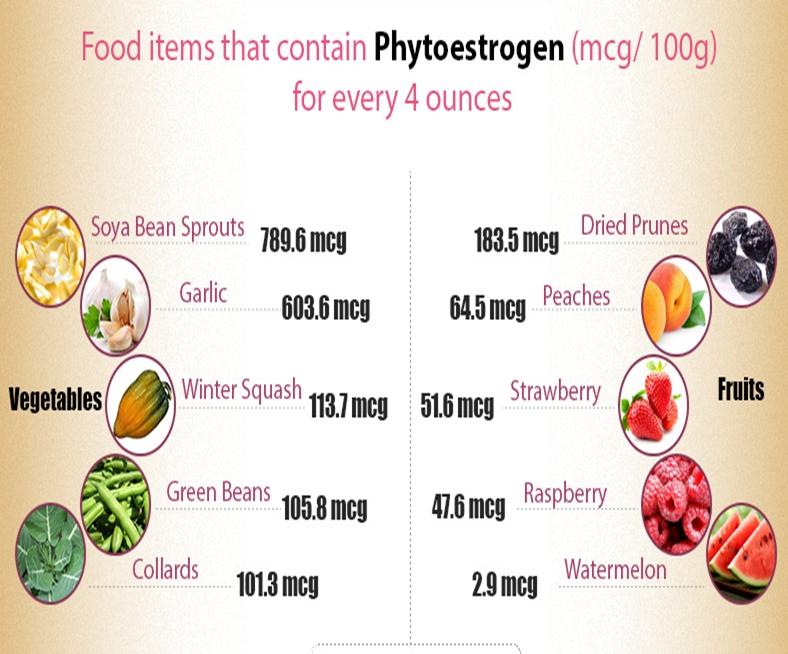Can We Grow Food on Mars?

The prospect of growing food on Mars has long been a captivating idea for scientists and enthusiasts alike. The possibility of establishing a self-sustaining colony on the Red Planet hinges on our ability to overcome numerous challenges, one of which is cultivating crops in an environment starkly different from Earth.

Harsh Martian Conditions:

The Martian environment presents formidable obstacles for terrestrial life forms to thrive. The thin atmosphere, composed primarily of carbon dioxide, and the lack of liquid water pose significant hurdles. Moreover, the extreme temperatures, ranging from -62°C to 21°C (-80°F to 70°F), and the low atmospheric pressure, approximately 1% of Earth’s sea-level pressure, further complicate the task of growing crops.
Limited Resources:
Mars is devoid of essential resources that are readily available on Earth. For instance, nitrogen, a crucial element for plant growth, is present in trace amounts in the Martian atmosphere. Additionally, the scarcity of water poses a significant challenge, as plants require water for photosynthesis and various biochemical processes.
Soil Composition:
The soil on Mars, known as regolith, differs vastly from Earth’s soil. It is composed primarily of fine particles, lacking organic matter and nutrients necessary for plant growth. The predominantly iron-oxide-rich composition of Martian soil imparts a reddish hue to the planet’s surface.
Potential Solutions and Research Efforts:
Despite the formidable challenges, scientists are actively exploring innovative solutions to enable food production on Mars. These efforts encompass:
Hydroponic and Aeroponic Systems:
Hydroponic and aeroponic systems, which involve growing plants in nutrient-rich water or nutrient-infused mist, respectively, offer promising methods for cultivating crops in controlled environments on Mars. These systems allow for efficient use of resources, minimizing water consumption and enabling precise control over nutrient delivery.
Terraforming:
Terraforming, a speculative concept involving the large-scale engineering of a planet’s environment to make it more hospitable for human life, has been proposed as a long-term solution. This ambitious endeavor aims to alter the Martian atmosphere, temperature, and surface conditions to resemble those of Earth, eventually allowing for open-field agriculture.
Genetically Modified Crops:
Genetic engineering techniques could play a pivotal role in adapting crops to the Martian environment. Scientists are exploring the development of crop varieties capable of withstanding extreme temperatures, low light levels, and nutrient deficiencies. These modifications could potentially pave the way for viable food production on Mars.
While the challenges of growing food on Mars are substantial, ongoing research and technological advancements hold promise for overcoming these obstacles. The potential benefits of establishing a self-sustaining food production system on Mars are immense, as it would not only reduce reliance on Earth-based supplies but also pave the way for long-term human habitation on the Red Planet.










